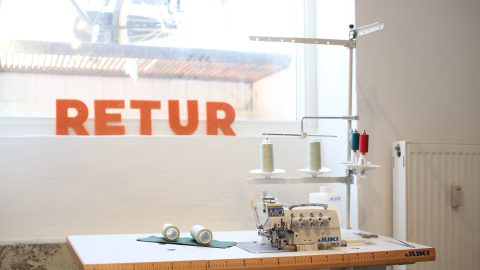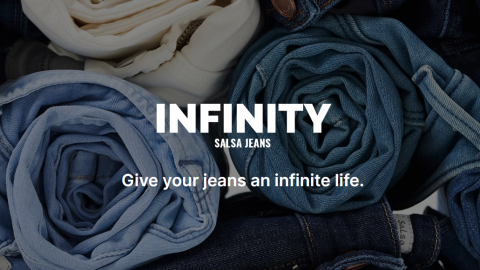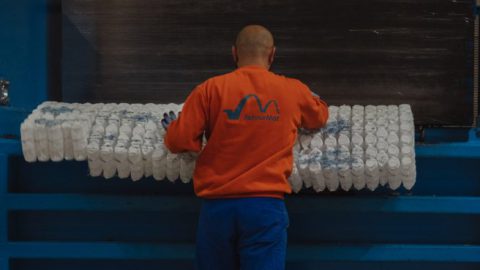Recognising the vital role of textiles and clothing in Europe’s digital and sustainable transition, the European Commission has highlighted their importance in various policy frameworks, including the European Recovery Strategy, the Green Deal and the EU Sustainable Textiles Strategy. This emphasis culminated in the publication of a Transition Pathway for the Textile Industry in July 2023.
With this in mind, EuroCommerce created STAR – the Sustainable Textiles & Apparel Retailers and Wholesalers Interest Group. STAR brings together an important actor in the textile supply chain – the distribution sector.
It is a platform for textile retailers & wholesalers to exchange, set priorities, develop positions and key messages, and share experience and best practices. The group is open not only to EuroCommerce members, but also other retail & wholesale companies working in the textile sector.
STAR works and advocates to support a resilient, sustainable and competitive textile retail & wholesale sector. Our members’ experience and expertise can be of added value in achieving the objectives of the different ongoing initiatives.
Best practices
Discover what our members are doing.
Spejdersport Leads the Way in Circular Business Practices
Spejdersport leads in circularity, embracing Re-Commerce and equipment repair, reflecting the European Commission’s vision for sustainable textiles. With their RE-TUR store and related initiatives, they significantly reduce emissions and set new standards in circular retail. While navigating complex EU regulations poses challenges, Spejdersport’s commitment to pioneering sustainable, circular retail practices remains unwavering, showcasing a promising shift towards a more environmentally responsible retail sector.
INFINITY, by Salsa Jeans. Give your jeans an infinite life
Salsa’s INFINITY project redefines the concept of sustainable fashion with a unique service for denim enthusiasts. This initiative focuses on giving Salsa jeans an “infinite” life through a continuous care and fitting service. Salsa ensures that they can be repaired, remodelled and reused to suit the customer’s evolving needs. In 2022, this innovative approach saw 873 products rejuvenated, highlighting its effectiveness and environmental impact. This circular model not only conserves resources but also reimagines the value of clothing.
Zara Pre-Owned, the pioneering platform to help customers extend the life of their garments
Zara Pre-Owned is a tangible example of the Inditex Group’s sustainability commitments for the coming years. The platform offers buying and selling services for Zara garments from any collection, and repair services for used Zara garments from any season—providing options that range from replacing buttons and zippers to repairing seams, all facilitated through local suppliers. Additionally, the platform provides donation services, including at-home collection of used clothing, which is then directed to non-profit organizations. These organizations sort the clothing for reuse whenever possible or recycle items that have reached the end of their life cycle. The platform, operational in 16 countries, is a clear example of how Inditex is advancing towards its goal of implementing circularity services in its key markets by 2025.
New recycling facility in France will give 750,000 old mattresses a second life each year

Inditex & BASF make a breakthrough in textile-to-textile recycling
Inditex & BASF jointly made a breakthrough in their efforts to boost recyclability with the launch of loopamid®, the first circular solution for nylon apparel made entirely from textile waste. Following a “design for recycling” approach, all parts, including fabrics, buttons, filling, hook and loop and zipper are made from loopamid. The advanced technology enables textile-to-textile recycling of diverse fabric mixtures ensuring the reuse of post-industrial and post-consumer textile waste across multiple cycles. At the same time, the material characteristics are identical to those of conventional virgin polyamide. This collaboration exemplifies how uniting efforts can leverage new technology to repurpose textile waste into a new resource. This project is also a first step to move towards a circular solution, as the industry still needs to boost new collecting and recycling capacities in order to close the loop and scale recycling for post-consumer waste.







